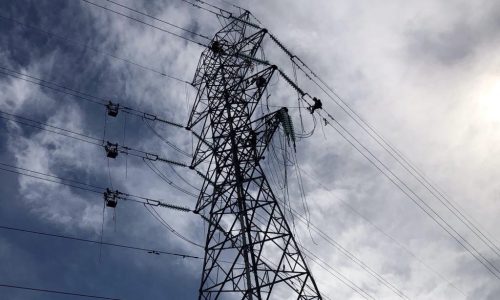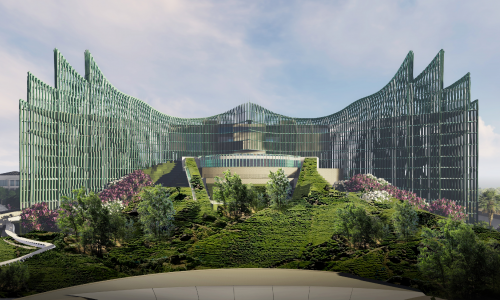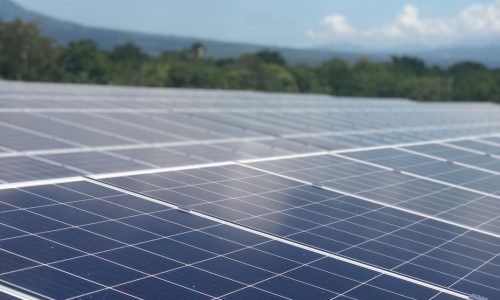Indramayu regency, assisted by the Investment Coordinating Board (BKPM), is developing a canned fish manufacturing industry in the Losarang district. The project was established in 2018 with an investment worth IDR 1.36 billion.
Indramayu is part of West Java province and is located in the northern coast. The regency has an area of 2,090 square kilometers and a population of 1,871,149 in 2020. While the population’s majority are Muslim with 99.68%.
Meanwhile, the BKPM is a government institution founded in 1973 to deal with investment coordinating projects that implement policies and is responsible for investments in Indonesia. Investment Minister Bahlil Lahadalia has chaired the board since 2021.
Lucrative fishing industry
The canned fish manufacturing project was established in 2018 with an investment worth IDR 1.36 billion, an interest rate of return (IRR) of 15.09%, a net present value (NPV) of IDR 6.85 billion and a payback period of 2 years.
Indramayu is bordering directly to the Java Sea in the north. The fishing industry in the regency has already been well-known. Fishing has contributed to 40% of West Java fish production in 2021. The regency has 14 fish auctions, making it a center of fish auction in the province.
The Ministry of Marine Affairs and Fisheries (KKP) in 2020 received tax on fisheries that reached IDR 600.4 billion, while in 2019, it reached IDR 521.37 billion. The high tax income is due to Indramayu having a high production rate in West Java, which is about 40%-50%, and Indramayu as a center of fisheries.
Head of Business Development and Management of Fish Auction Places of Indramayu’s Marine Affairs and Fisheries Agency, Tahta Rahmatullah, said that the production of capture fisheries in the regency reached 31,000 tons in 2020. “Our fishermen catch fish in waters as far as Papua waters and they look for fish that have a high economy,” he said.
Meanwhile, as a contributor toward high fish production in West Java, Indramayu also contributed to high regency revenue (PAD) of about IDR 10 billion.
Risk of fishing industry
According to the Indonesian Employers Association (Apindo), the possible risks in the fishing industry in 2022 included the decrease of gross domestic product (PDB) in the long run by 0.73% during the COVID-19 pandemic in 2020. Apindo deputy chairman of fisheries committee, Hendra Sugandhi, said that the prospect of fishing industry would be based on the upstream sector policy.
Meanwhile, the effectiveness and impact of fishing policy will be measured based on the contract system that the government will implement this year.
“The requirements of a fishery contract system that are too heavy will not apply to fishery business actors. Interested parties may only hope to sell the quota with the aim of obtaining capital gains,” Sugandhi said on April 31, 2022.
He added that the growth of local and export fishing industry would be based solely on small-scale fishing in the territorial waters. While fishing in the Exclusive Economic Zone might now grow and would decrease.









